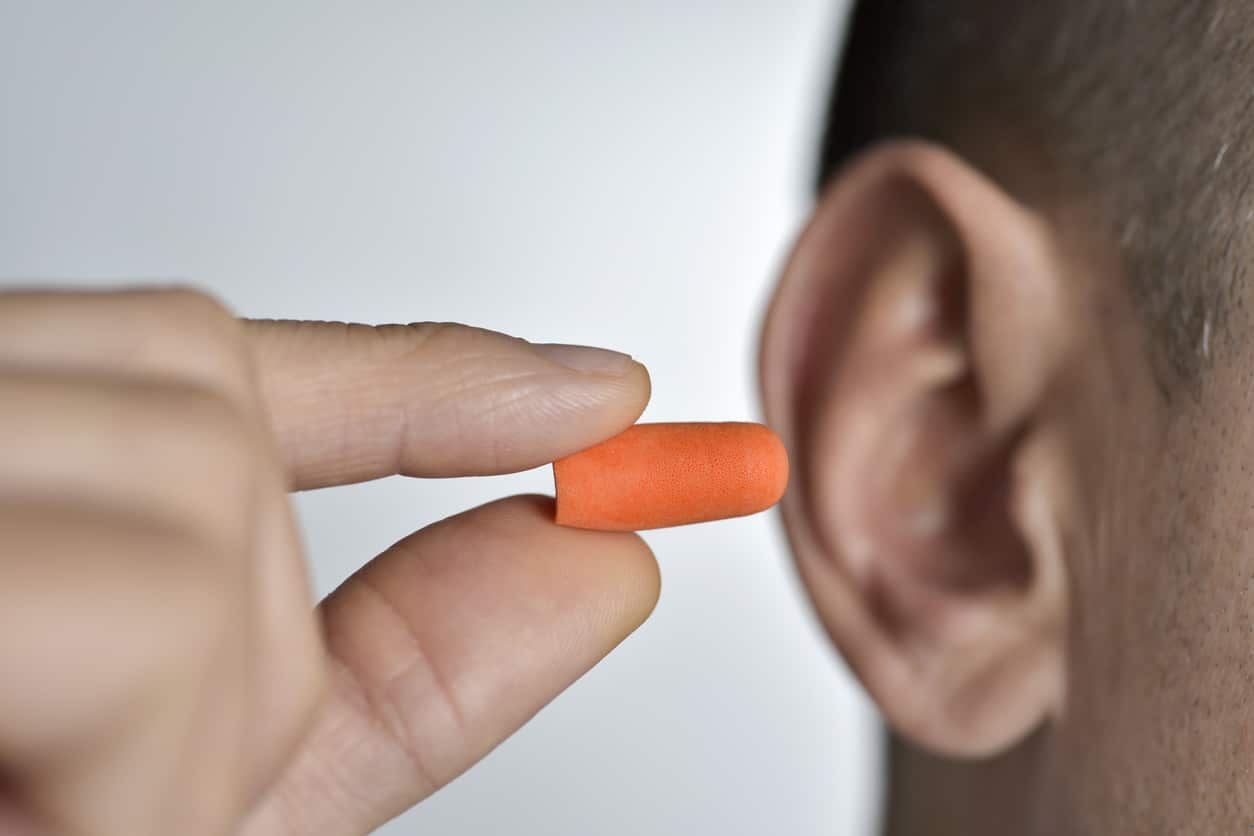Any repeated exposure to noise louder than 85 decibels (dB) has the potential to damage your ears and cause noise-induced hearing loss. While sometimes, hearing loss from noise exposure is temporary, it can frequently lead to permanent issues.
Many popular activities such as going to sporting events or taking in a live music show somewhere like The Venice West reach volumes above 100 dB. These levels can damage your hearing in a short amount of time.
The good news is that with the right hearing protection, you can still enjoy the activities you love while keeping your ears safe.
When to Use Hearing Protection Devices
The National Institute on Deafness and Other Communication Disorders (NIDCD) recommends hearing protection for the following settings and activities:

- Auto races
- Sporting events
- Fireworks displays
- Rock concerts
- Motorcycle, dirt bike, and snowmobile riding, and when operating an all-terrain vehicle or tractor
- Band or orchestra rehearsals and performances
- Industrial, warehouse, farm, landscape, and other loud (or potentially loud) workplace settings
- Shooting sports
Choosing the Right Hearing Protection for You
When deciding what hearing protection best meets your needs, consider the following:
- How much noise reduction do you need? Figure out how much of a reduction in decibels you need depending on your job or what activity you’re engaging in. For example, if your work environment hovers around 90 dB, you probably want a device that reduces the volume by 10 decibels so that you can still hear important sounds while protecting your ears.
- What are your daily activities? Do you need hearing protection consistently for hours on end, or are you only exposed to noise sporadically? Will you need to take off your protection from time to time to hear what others are saying? Do you have other equipment that you wear that could interfere with hearing protection devices?
- What feels comfortable? Once you have narrowed down what hearing protection meets your needs, your choice mainly boils down to what feels best. After all, hearing protection will only be effective if you wear it consistently, and you are more likely to do so if it feels comfortable in or on your ears.
Your answers to these questions will help you narrow down whether or not you want to use:
- Foam earplugs
- High-fidelity earplugs
- Filtered earplugs
- Earmuffs
- Other devices
For help trying to decide what hearing protection is best for you, call The House Institute today to schedule an appointment with one of our experts.